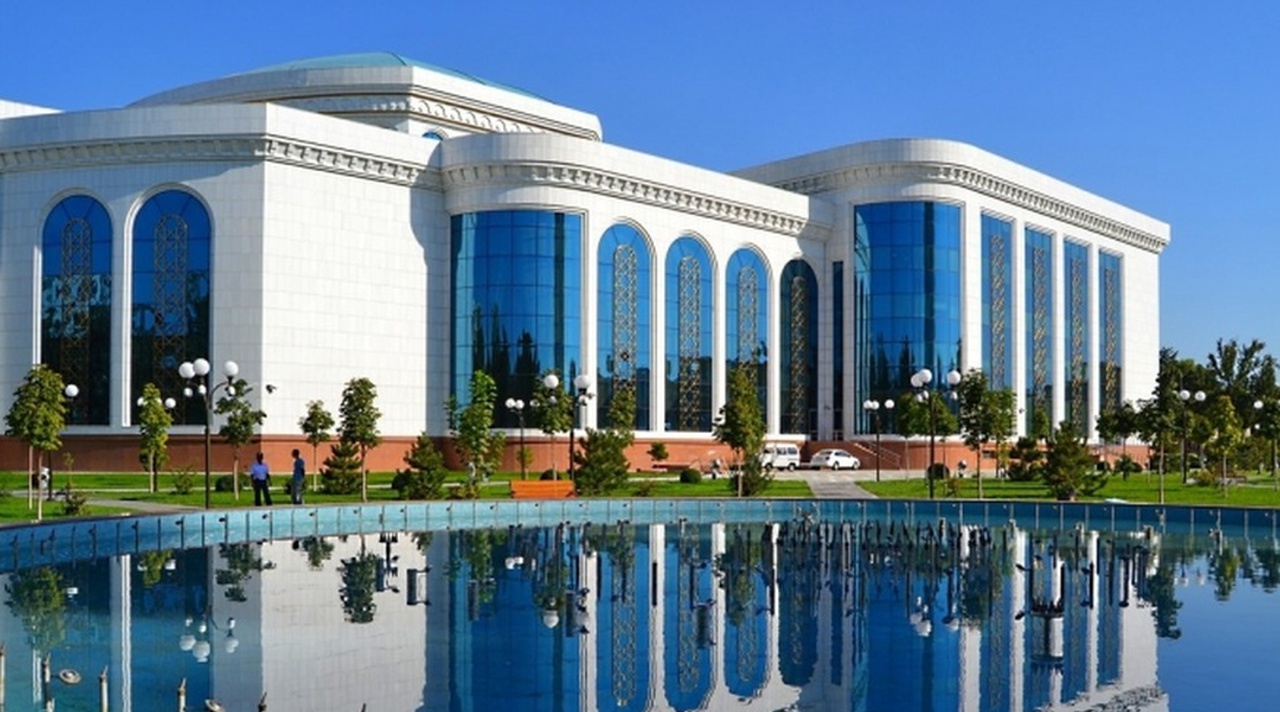Some of the rare pieces featured at the Uzbek library can only be found in three libraries around the world.
The Qatar National Library (QNL) and the National Library of Uzbekistan have signed a new collaboration that seeks to enrich the understanding and recognition of their shared Islamic heritage.
Announced on Thursday, the agreement was signed by QNL’s Executive Director, Tan Huism, and the Director of the National Library of Uzbekistan, Umida Teshabayeva, following a visit by the former to the Uzbek library.
The agreement provides the necessary framework for “potential joint initiatives in cultural, technical, scientific and librarianship fields”, QNL said in a press release.
“Together, we aim to leverage the evolving field of librarianship to create projects that not only serve our countries but also enhance global access to knowledge and contribute to a broader appreciation of our shared cultural legacy,” the QNL director said, stressing the significance of cultural diplomacy.
Huism had also participated at the 8th International Congress of the World Society for the Study, Preservation, and Popularization of the Cultural Legacy of Uzbekistan (WOSCU). At the time, she led a presentation on the potential future collaborations between Qatar and Uzbekistan.
For her part, Teshabayeva expressed her hope in enhancing the relations between the Qatari and Uzbek national libraries while looking back at her visits at QNL.
“In 2023, I visited Qatar National Library and participated in the 29th meeting of directors of national libraries of Asia and Oceania,” she said. “It is my pleasure to seal this close relationship with Qatar National Library by signing this memorandum.”
The latest agreement between the Qatari and Uzbek libraries comes against the backdrop of wider efforts by both countries to preserve and promote Islamic culture.
In 2022, QNL and Uzbekistan’s Center of Islamic Civilization signed a memorandum of understanding to collaborate on initiatives pertaining to heritage promotion, and protection.
Established in 1870, the National Library of Uzbekistan is rich with cultural offerings, including more than eight million resources such as rare manuscripts, maps, gramophones, sheet music, newspapers, and copies of medieval European prints, among other valuable artefacts.
Some of the rare pieces featured at the Uzbek library can only be found in three libraries around the world.
The “Turkestan Collection”, a type of encyclopedia on the history, ethnography, geography, economics and culture of Central Asia, can also be found in a special section at the National Library of Uzbekistan.
“The collection is a thematic selection of clippings from periodicals, sometimes including entire individual books. There are a total of 594 volumes, covering literature from the early 1860s to 1917,” QNL said.







